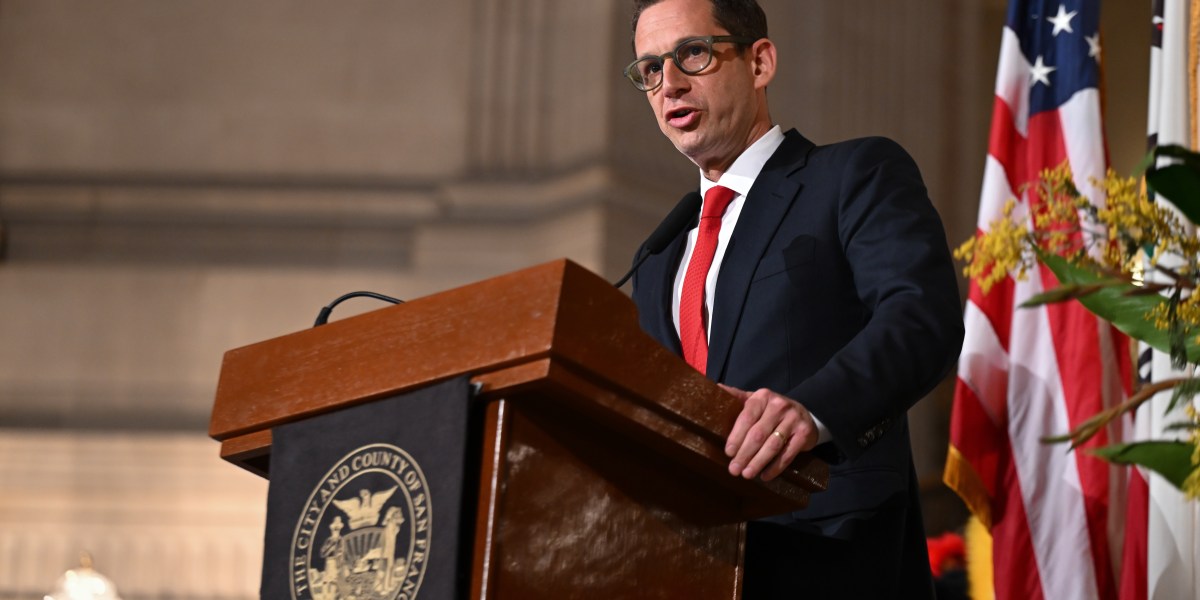From boardrooms to factory floors, U.S. companies are entering a new era where federal guardrails may disappear. The laws may be rolling back, but the risk: legal, financial, and reputational, are multiplying. Getting ahead of this challenge is one of the few things boards and leadership teams can control in a business world defined by uncertainty.
I. The Disappearing Roadmap
Imagine you’re at a dinner with fellow executives. Someone asks, “What’s happening in your world right now?” A few years ago, the answer might have been inflation, supply chains, or talent retention. Today, another response is gaining traction: the rules of the game are disappearing.
For decades, federal regulation offered companies both a roadmap and a shield. Compliance provided legal protection, investor confidence, and a baseline for competitive fairness. That framework is now shifting across multiple sectors: finance, energy, environmental management, and consumer safety. Boards must navigate a landscape where federal rules no longer provide clear benchmarks, yet liability, reputation, and competitive pressures remain.
In a world dominated by uncertainty, how companies prepare for deregulation is one of the few levers of control available to leadership. It is a moment to exercise foresight, to define company standards proactively, and to maintain credibility with employees, customers, and investors alike.
II. How We Got Here
U.S. federal regulation has often been written in response to crisis. Before national rules, businesses navigated a patchwork of state laws that were inefficient, inconsistent, and sometimes dangerous. Unsafe food practices revealed in The Jungle (1906) led to the Pure Food and Drug Act and Meat Inspection Act. Mine explosions and factory fires spurred the creation of OSHA, setting basic safety standards. The 1929 stock market crash exposed flaws in securities trading, prompting the Securities Acts and the SEC to protect investors and enforce disclosure. Environmental disasters like the Cuyahoga River fires and smog crises produced the Clean Air and Clean Water Acts. Corporate fraud scandals, from Enron to WorldCom, led to the enactment of Sarbanes-Oxley, while the 2008 financial crisis gave rise to Dodd-Frank and the Consumer Financial Protection Bureau. Time and again, regulation has followed upheaval, creating national standards to safeguard workers, consumers, investors, and the environment.
These milestones reveal a consistent pattern: crises prompted federal intervention, which reduced uncertainty, enabled the growth of national markets, and fostered long-term economic expansion. Regulation, while costly in the short term, created the infrastructure for scalable, sustainable businesses.
Fast forward to 2025: the federal government has enacted a sweeping wave of deregulation across environmental, labor, healthcare, and financial sectors, applying a “10-for-1” rule that eliminated ten existing regulations for every new one introduced. The scale of this rollback -environmental standards, financial oversight, and workplace protections – is historically significant, leaving boards and executives to navigate a far less predictable landscape.
III. Implications & Action
Deregulation shifts risk from public enforcement to corporate governance. The absence of federal backstops creates legal uncertainty: compliance with rescinded rules no longer provides safe harbor, and boards may face heightened liability for oversight failures. Directors and executives must anticipate potential litigation, gaps in D&O insurance coverage, and reputational exposure, particularly in areas historically protected by federal standards.
Competitive tensions are emerging. Firms that maintain rigorous safety and governance standards may incur higher costs, while others exploit regulatory gaps to cut expenses. This divergence can affect reputational capital, investor trust, and market positioning. Global considerations amplify the challenge: companies operating internationally must meet foreign regulatory standards regardless of U.S. deregulation, while domestic competitors may face different state requirements.
Boards can take proactive steps. Risk-mapping across business units, reassessing compliance as a governance responsibility, and exploring voluntary certifications or alliances establish new baselines for trust and safety. Regulatory sandboxes and safe harbors can be leveraged where applicable. Companies operating in multiple states may voluntarily adhere to the highest standard to maintain consistency, creating predictability for operations and signaling reliability to stakeholders.
Strategically, firms that lead on governance and product safety can convert compliance into a market advantage. Transparent reporting, rigorous internal controls, and alignment between executive incentives and long-term risk management are essential leadership tools. Companies that treat safety, ethics, and governance as strategic differentiators can maintain investor confidence, attract customers, and strengthen workforce engagement.
Deregulation also forces boards to rethink how they exercise oversight. Historical reliance on federal regulation as a shield must give way to proactive governance, scenario planning, and alignment of culture with risk management. In short, boards that act decisively can exert control over one of the few variables still within their influence: how their organization navigates an increasingly deregulated environment.
IV. Actionable Conclusion
The retreat of federal regulations does not eliminate risk, it redistributes it. Boards and executives who treat deregulation as merely a cost-cutting opportunity may find themselves exposed to litigation, investor skepticism, or reputational harm. Those who approach it strategically can define industry standards, creating competitive advantage and long-term resilience.
Action steps for leadership teams include:
1. Map exposure: Identify where regulatory rollback directly affects operations, compliance, and liability.
2. Reassess governance: Ensure oversight structures, reporting lines, and monitoring processes reflect current and anticipated risks.
3. Set voluntary standards: Adopt certifications, alliances, or internal protocols that exceed minimum legal requirements.
4. Communicate trust: Clearly convey the company’s commitment to safety, ethics, and long-term stability to investors, employees, and customers.
5. Integrate into strategy: Treat regulatory navigation as a core component of risk management, competitive positioning, and capital allocation.
In an era of uncertainty, proactive boards gain clarity and control, shaping outcomes rather than reacting to them. Deregulation may remove government guardrails, but leadership, foresight, and disciplined execution remain levers executives can command.
The opinions expressed in Fortune.com commentary pieces are solely the views of their authors and do not necessarily reflect the opinions and beliefs of Fortune.
























